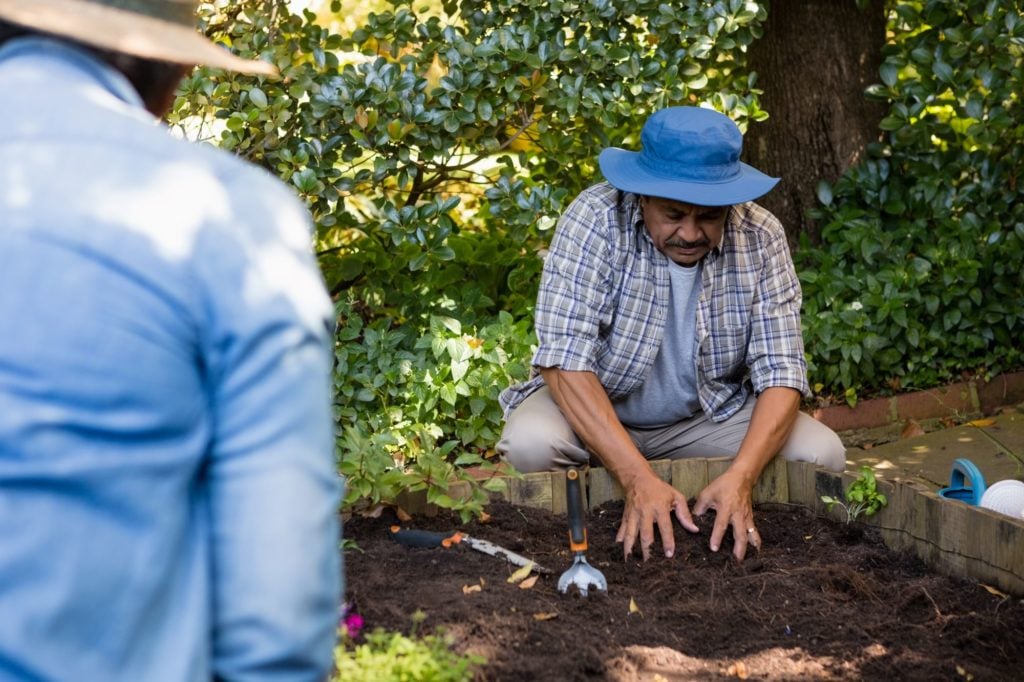Maintaining a pest-free garden starts well before any signs of trouble appear. Implementing proactive, nature-friendly strategies not only keeps pests away but also ensures a healthy environment for your plants. Here are a few tips for preventing pest outbreaks and maintaining a healthy garden using natural methods.
Cultivate Plant Health
The foundation of pest prevention lies in strong, healthy plants which are less likely to attract pests and more capable of surviving minor infestations. Enrich the soil with natural fertilizers and compost to provide nutrients naturally. Opt for native plant species whenever possible, as they are adapted to local conditions and naturally more resistant to local pests.
Choose the Right Plants
Some plants are naturally more resistant to pests, and growing these can significantly reduce your garden’s vulnerability. Consult with local nurseries and garden centers to find out which varieties perform best in your area and consider integrating them into your garden.
Additionally, some plants and herbs have a strong smell that deter pests. These can include cilantro, garlic, chives, and thyme.

Encourage Beneficial Insects
Creating a habitat for beneficial insects is a cornerstone of natural pest control. These insects act as natural predators to common garden pests. Plants like sweet alyssum, cosmos, dill, and yarrow attract beneficial insects like ladybugs, lacewings, and hoverflies which can help keep pest populations in check.
Use Physical Barriers
Before pests become a problem, consider setting up physical defenses. Barriers like insect mesh or floating covers can prevent pests from reaching plants without the use of chemicals. These barriers are especially effective against common pests and can be applied as a preventative measure from the moment plants are put into the ground. For help with deterring larger animals—such as deer—that enjoy a delicious garden buffet, you could also consider adding a fence around your garden.
Maintain Healthy Plants
Regularly remove any weak or infested plants to prevent pests from spreading. Keep the garden free of debris and weeds, which can harbor pests. Cleaning your tools before moving between plants or garden areas can also prevent the spread of pests and diseases.
Monitor Regularly
Keep a regular check on your garden for any signs of pest activity. Detecting early signs are important for preventing a full-blown infestation.
By focusing on these preventative measures and being prepared with mild intervention strategies, gardeners can protect their spaces from pests in a way that supports their garden’s health and the environment. This approach not only keeps pesticide use to a minimum but also fosters a more resilient garden ecosystem. If you do encounter pests, consider asking your local nursery or garden supply center for their professional advice.